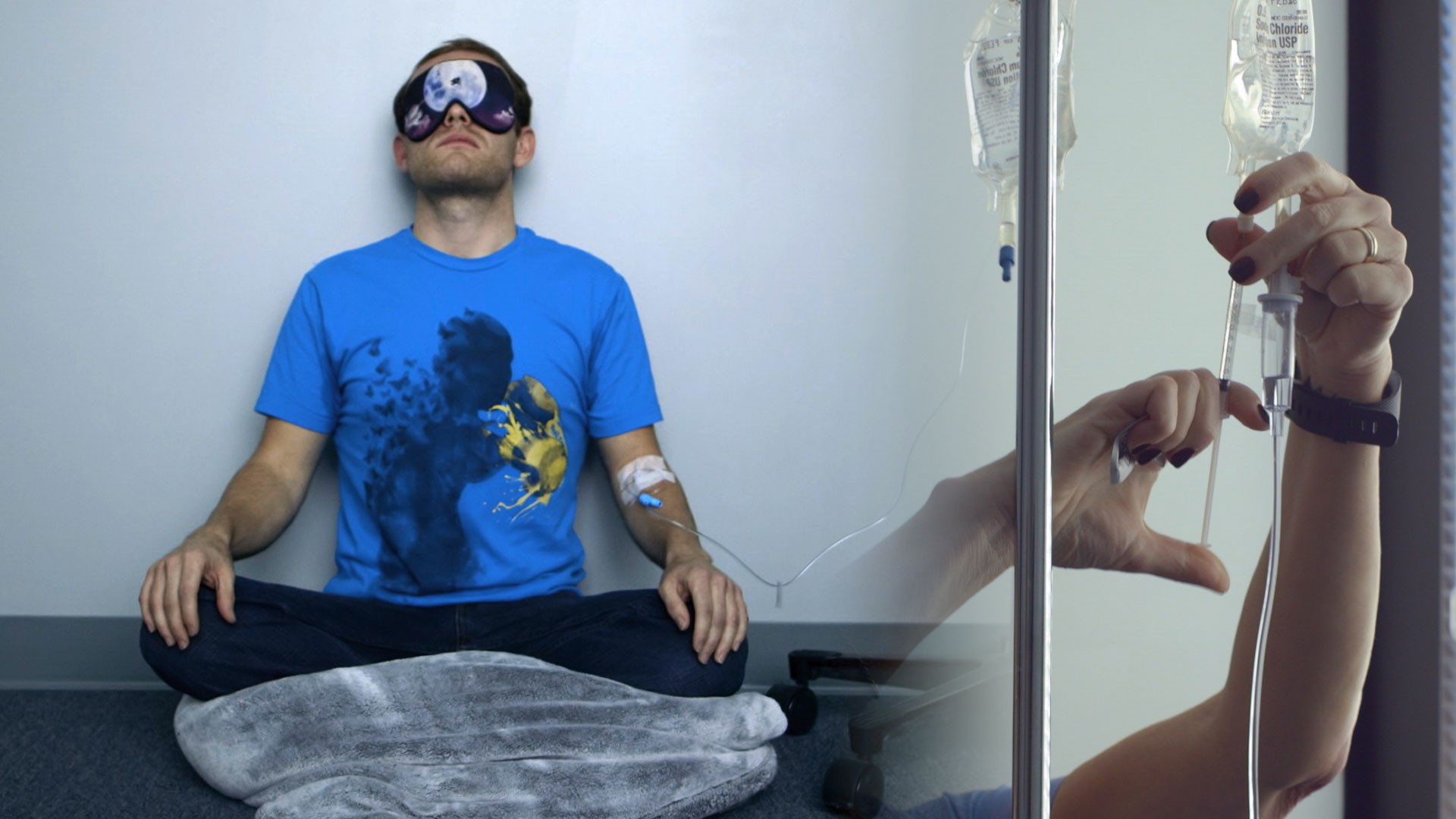Photo via Unsplash.
Hate crimes against Asian-Americans have been on the rise, particularly in the current xenophobic climate created by the Trump administration, so there is a real need to help these marginalized communities access mental health services. It's a battle, though according to recent data, Asian-Americans are three times less likely to seek out mental health services than white people. A big reason, experts say, is because of a certain stigma.Earlier this year, Asian-Americans Advancing Justice, a civil and human rights nonprofit, launched the first ever tracker to document hate crimes against members of the Asian-American and Pacific Islander (AAPI) community. One woman reported being stopped at a traffic light when a car with three men pulled up beside her. When they saw her, the men spoke loudly to one another: "Aren't you tired of all these gooks?" and "I'm so sick of these chinks." Another person wrote that "a man in his late-thirties, early-forties, aggressively followed me across the parking lot to my car screaming and mimicking the sounds of an AK-47. He yelled: 'JAP,' 'VIETNAMESE,' 'YELLOW [n-word],' all while threatening to rape me and ship my remains back to where I come from. I ran when I noticed he'd escalated to picking up a pipe."Last month, California Rep. Judy Chu introduced a new bill that would address this very issue. The legislation seeks to amend the Public Health Service Act to require the Substance Abuse and Mental Health Services Administration to work with organizations serving AAPI communities to implement an outreach and education strategy. One of the bill's goals is to address language barriers to ensure non-English-speaking people receive the information they need to address mental illness."In the current anti-immigrant climate," write the authors of a 2012 report on the psychological experience of immigrants, "xenophobia and discrimination significantly impact the lives of immigrants in the United States. Because native-born Americans sometimes view immigrants as taking away jobs and bringing undesirable cultural practices, many immigrants are discriminated against in the workplace and across a range of other microsystems, including their neighborhoods, service agencies, and schools."
Check out more videos from VICE:
"There's this idea within many AAPI groups that seeking help for something like depression or anxiety is frivolous or will bring shame to one's family or community," Kevin Nadal, president of the Asian-American Psychological Association, tells VICE Impact. "I think there's a cultural component to it. To some groups and some communities, they learn that you just accept what you've been given. There's a fatalism that they might experience, that their universe or god or whatever higher power they believe in, that that's what it's supposed to be."
Advertisement
Despite the "model-minority myth"—the inaccurate generalization that all Asian-Americans are successful and thus a "model" for other minority groups to emulate—members of the AAPI community are susceptible to trauma, whether it's personal, family-related, or country of origin-related. Another sad reality is that immigrants often face racial discrimination for the first time in their lives when they move to the United States—which could lead to issues of mental illness.Asian-Americans are three times less likely to seek out mental health services than white people.
Advertisement
Check out more videos from VICE:

"There's this idea within many AAPI groups that seeking help for something like depression or anxiety is frivolous or will bring shame to one's family or community," Kevin Nadal, president of the Asian-American Psychological Association, tells VICE Impact. "I think there's a cultural component to it. To some groups and some communities, they learn that you just accept what you've been given. There's a fatalism that they might experience, that their universe or god or whatever higher power they believe in, that that's what it's supposed to be."
Chu, a former clinical psychologist, said in a statement that "too many in the AAPI community in particular suffer in silence, afraid to talk about a problem they don't understand. It is imperative we help more Americans understand that health care includes mental health care. And just like you wouldn't be expected to ignore a physical ailment like cancer, nor should you ignore mental and emotional ones like depression."The bill was announced days after the president released his proposed federal budget, which includes serious cuts that would jeopardize mental health services, according to the American Psychological Association. Among them is the elimination of several programs that would together would reduce mental health workforce training by nearly $100 million, in addition to almost $400 million being slashed from the Substance Abuse and Mental Health Services Administration.Nadal says this legislation is more important now than ever. "It solidifies the notion that Asian-American communities need to be served and recognized for their diversity." Oftentimes, he continues, a health care provider may offer services in just Mandarin or Cantonese, perhaps not realizing that the Asian-American community is also made up of Indians, Koreans, Filipinos and others," he says. "Now they're not getting the services they need because they don't have a provider who can speak in their language."Because Asian-Americans have historically been so resistant to tackling issues of mental health, Nadal adds that policymakers also need to "think outside of the box about how to provide these services. A lot of times, Asian-Americans won't even seek help for health conditions, so how would we expect them to seek help for mental health conditions."One way is to actually bring these services directly to community centers, churches and other organizations that target Asian-Americans. This integrative care model will be the topic of a conference hosted on June 29 and 30 by the National Asian-American Pacific Islander Mental Health Association at the New York University School of Medicine"It solidifies the notion that Asian-American communities need to be served and recognized for their diversity."
